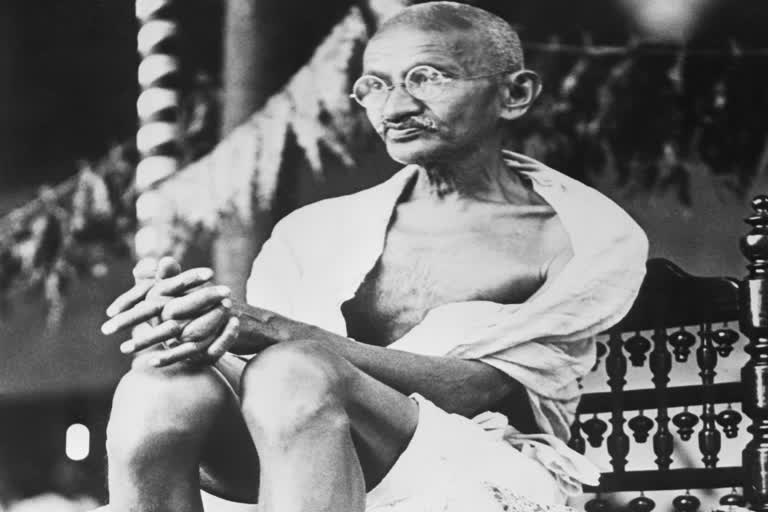Hyderabad: As per Mahatma, Swaraj means self-rule and self-restraint; and not freedom from all restraints. Gandhi Ji believed that real Swaraj will not come by the acquisition of authority by a few. Instead, it can come only by the acquisition of the capacity by all to resist the authority when it is abused. In simpler words, Swaraj is to be obtained by empowering the masses to a sense of their capacity to regulate the authority.
Swaraj has a wider connotation in villages, as Gandhi Ji believed that the soul of India resides in its villages. As a matter of fact, the village was always at the very centre of Gandhi Ji’s thought on India’s social & political organization. Gram-swaraj, as envisioned by Gandhi Ji, literally means village self-rule wherein a village is a complete republic, independent of its neighbours for its own needs; and yet inter-dependent on other villages for many other needs in which dependence is necessary.
Gandhi Ji felt that Gram Swaraj was a pre-requisite for Swaraj at the national level. In one of his articles, Gandhi Ji in 1942 wrote: “The concentration of economic or political power threatens to violate the essential principles of Swaraj. They can be safeguarded when decentralization is promoted by empowering the villages. As the village is the lowest unit of a decentralized system, politically a village should be small enough to allow everyone including the women to participate directly in the decision-making process. It should offer equal opportunity to all its resident including the poor, the women, and the marginalized to discuss and criticize, approve, or reject proposals of the Gram Panchayat and also assess its performance. The Panchayats thus can better identify & optimally utilize the local resources for the economic development of the village. In this manner, the village becomes the basic institution of participatory democracy and also of economic autonomy.”
Disapproving industrialization then promoted in India by the British rulers, Gandhi advocated a home-grown & hand-crafted mode of production of industrial goods at the village level. In his words, “Not mass production, but production by the masses.”
Gram swaraj was thus the centrepiece of his vision of economic development in India. Gandhiji’s Gram Swaraj was not merely the reconstruction of the old village. Self-sufficiency in basic needs was one of the fundamental conditions of Gandhian village reconstruction. Food, clothing and other basic necessities should be produced at the village itself, which would lead to full employment to every village resident and would prevent the rural-urban migration in search of employment and better opportunities.
Gandhi Ji wrote: “Each village should be self-reliant, making provision for all necessities of life - food, clothing, clean water, sanitation, housing, education and all socially useful amenities required by a community. It will have Panchayats for settling disputes, have places of worship for all faiths, a co-operative dairy, primary and secondary schools in which industrial education will also be taught. It also should have a dharm-ashala where visitors can stay during their sojourn to the village.” In short, an ideal village is self-reliant in many aspects’ and interdependent on one another in some other aspects.
Also read: Mahatma Gandhi's contribution to 'communal harmony'



